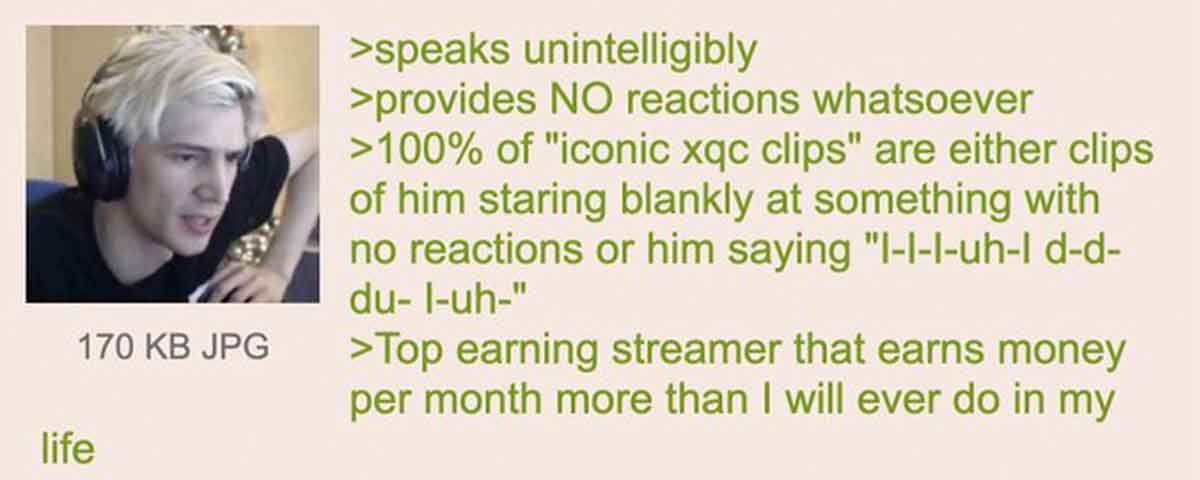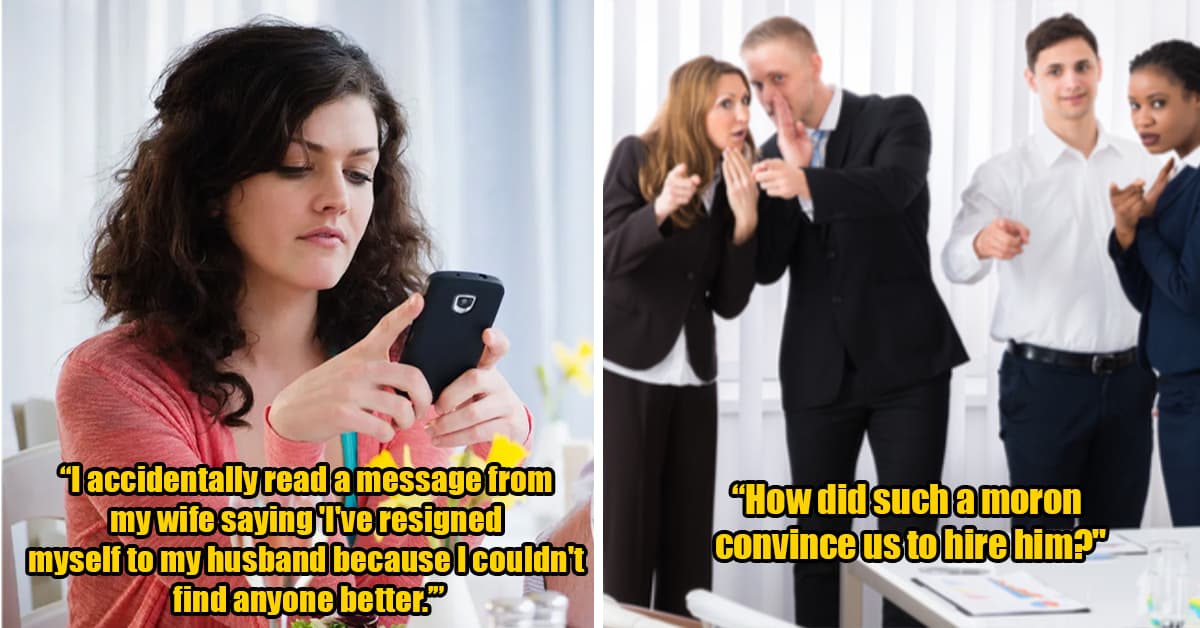xQc Accused of Stealing Content After Walking Away From His "Reaction" Stream
From viral NPC TikTok livestreamers to “react” channels, the definition of “content” seems to be getting looser and looser these days.
Published 1 year ago in Facepalm

From viral NPC TikTok livestreamers to “react” channels, the definition of “content” seems to be getting looser and looser these days. Reaction streamers specifically just film themselves engaging with pieces of content that other people created, be it movies, shows, songs, YouTube videos or more.
The massive streamer xQc recently signed a reported $100 million deal to start streaming on Kick, and immediately faced criticism for bland, or blatantly illegal reaction streaming. Just days after signing the deal, xQc attempted to stream The Dark Knight, forcing a Kick staffer to jump on the stream and end it. Just a few days after that, he was caught streaming full episodes of Breaking Bad.
Now, he is being called out by the documentary YouTuber Neo Explains for “reacting” to one of Neo’s videos by playing it for over 10 minutes on its own, all while being in a completely different room.
“He leaves the room 5 seconds into the video and then returns 10 minutes later, making a mockery out of the fact that he is not reacting,” Neo tweeted.
This video shows xQc 'reacting' to my video.
— neo (@NeoExplains) August 1, 2023
He leaves the room 5 seconds into the video and then returns 10 minutes later, making a mockery out of the fact that he is not reacting. pic.twitter.com/wfwWrigEx4
Reaction streamers have long justified their content by pointing out the exposure their videos bring to the smaller pages they feature, but xQc’s complete lack of effort to add anything to the viewing experience really puts this idea into question.
“The entire video (except the sponsor end that pays my bills) was shown on stream, so there is no need for people to look up my video after,” Neo wrote, sharing a screenshot of his channel’s analytics. “Where in this graph do I find the xQc bump?”
Some say that a streamer watching a video will lead to more views and promotion.
— neo (@NeoExplains) August 1, 2023
The entire video (except the sponsor end that pays my bills) was shown on stream, so there is no need for people to look up my video after.
Where in this graph do I find the xQc bump? pic.twitter.com/m0Dk3CINYK
The idea that larger streamers can positively impact the channels they react to does have some merit, as described in a Twitter thread by @ostonox. In it, he shows the significant bump in viewership that YouTuber Alex Novell received after the streamer Hasan reacted to his video.
I'm against streamers uploading "reacts" of others full videos to Youtube, but there's a separate argument that 'streamers watching videos helps the original creator'
— ostonox (@ostonox) July 31, 2023
Hasan watched this video back in April, so I asked its creator to see his analytics and what's happened since: pic.twitter.com/fsXRmfb4QS
“The day Hasan watched and linked Alex's video in his chat it gained 5,946 views, more than all its views since publishing,” he wrote. “Alex gained 5,100 subscribers.” Still, in that instance, Hasan linked to Alex’s video in his stream chat, and allowed Alex to post the stream to his channel himself. xQc did neither.
Following the Twitter discourse, xQc attempted to post an apology but appeared to blame his editor in a mostly unintelligible word vomit.
“React” videos have understandably been a point of contention in the content creator community for some time, but this incident, along with xQc’s continual public incomprehension of copyright practice, will hopefully prompt platforms to put some guidelines in place.
“They should add a clause that you have to give some profit to the original video creator,” @AlevityXiaku suggested.
“Other solution:” @TheColeBrewTv commented. “Make actual content.”
please let this be the watershed that ends the react meta once and for all
— Punished Mussels ?? (@PunishedMussels) August 1, 2023



